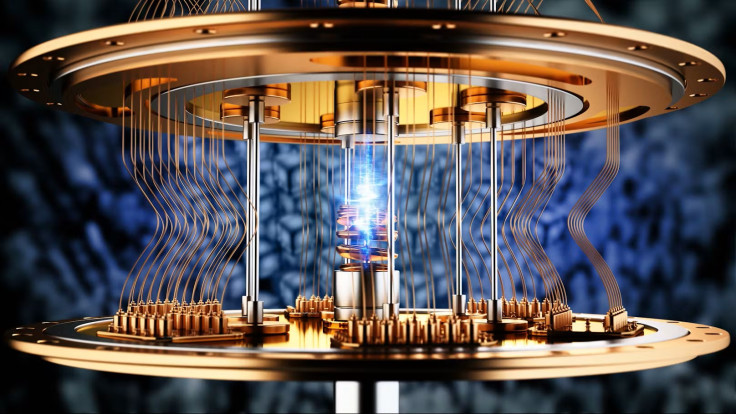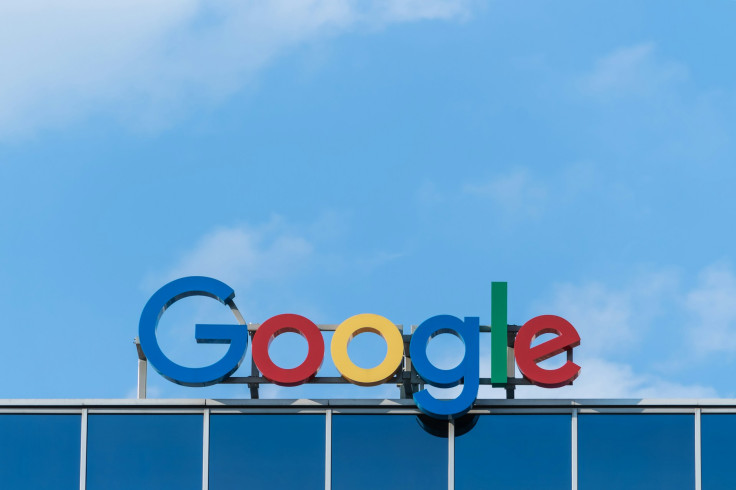Google's Quantum Computer Just Beat Every Supercomputer on Earth: Scientists Shocked by 13,000x Speed Breakthrough
Google's quantum processor achieves verifiable 13,000× speed advantage, redefining computing's future

In a landmark moment for computing, Google has announced that its latest quantum processor, Willow, has achieved a staggering 13,000× speed advantage over the world's fastest classical supercomputers.
The breakthrough, revealed on 22 October 2025, marks the first time a quantum computer has executed a verifiable algorithm with real-world applications—a milestone long anticipated by researchers in the field.
According to Google Quantum AI, the Willow chip successfully ran a complex physics simulation using a novel algorithm called 'Quantum Echoes,' completing the task in seconds, whereas the most advanced classical supercomputers would take several days to match.
The Quantum Echoes Algorithm
The experiment centred on simulating out-of-time-order correlators (OTOCs), a quantum phenomenon that helps measure interference effects in particle systems. These simulations are notoriously tricky for classical machines to handle due to the exponential complexity of quantum interactions.
Google's new algorithm, Quantum Echoes, was explicitly designed to exploit the strengths of quantum hardware. It enabled the 65-qubit Willow processor to complete the simulation with unprecedented speed and accuracy.
The company claims this is the first demonstration of a 'verifiable quantum advantage,' meaning the results can be independently checked and have practical implications beyond theoretical benchmarks.
From Theory to Application
While quantum supremacy—the point at which quantum computers outperform classical ones—was first claimed by Google in 2019, critics argued that the earlier experiment lacked real-world relevance. This time, however, the company says the algorithm has direct applications in fields such as molecular modelling, materials science, and nuclear magnetic resonance (NMR) spectroscopy.
Hartmut Neven, Google's Vice President of Engineering, acknowledged that while the Quantum Echoes algorithm marks a significant milestone, practical real-world applications of quantum computing may still be around five years away.
Vadim Smelyanskiy, Director of Quantum Pathfinding at Google, added that the achievement reflects six years of sustained progress since their 2019 milestone.
He noted that the Willow processor is the product of a strategic roadmap that has advanced both hardware and software in parallel, reflecting Google's dual-track approach to quantum innovation. This perspective was shared in Google's official announcement of the Quantum Echoes achievement.
Implications for Science and Industry
The implications of this breakthrough are vast. Quantum simulations could revolutionise the way scientists design new drugs, develop advanced materials, and understand complex chemical reactions. Traditional supercomputers, while powerful, struggle with the exponential scaling required for such tasks.
By demonstrating a 13,000× speed advantage, Google's quantum platform could drastically reduce the time and cost of scientific discovery. Experts believe this could lead to a new era of computational chemistry and physics, where problems once deemed intractable become solvable in real time.
A Race Among Tech Giants

Google's announcement places it ahead in the global race for quantum dominance, where rivals such as IBM, Microsoft, and China's Baidu are also investing heavily. IBM recently unveiled its 1,121-qubit Condor processor, but has yet to demonstrate a comparable speed advantage in practical tasks.
While Google's Willow chip operates with fewer qubits, its performance underscores the importance of algorithmic efficiency and error correction—areas where the company has focused its research.
Cautious Optimism in the Scientific Community
Despite the excitement, some researchers urge caution. Experts note that scalability, stability, and accessibility remain significant challenges in quantum computing, even as milestones such as Google's mark considerable progress.
Nonetheless, the scientific community broadly agrees that Google's results represent a genuine leap forward. The fact that the algorithm is verifiable and tied to real-world applications sets it apart from previous claims of quantum advantage.
What's Next?
Google currently provides limited access to its quantum hardware through its cloud-based Quantum AI platform, enabling select research and enterprise partners to run experiments under an approved-access model. The company continues to develop both its hardware and software as part of its roadmap toward fault-tolerant quantum computing.
While Google has not confirmed specific timelines, it has indicated that future milestones, including new prototype chips and algorithmic improvements, are in active development beyond 2025. As quantum computing inches closer to mainstream adoption, breakthroughs like this one suggest the future of computation may arrive sooner than expected.
© Copyright IBTimes 2025. All rights reserved.




















